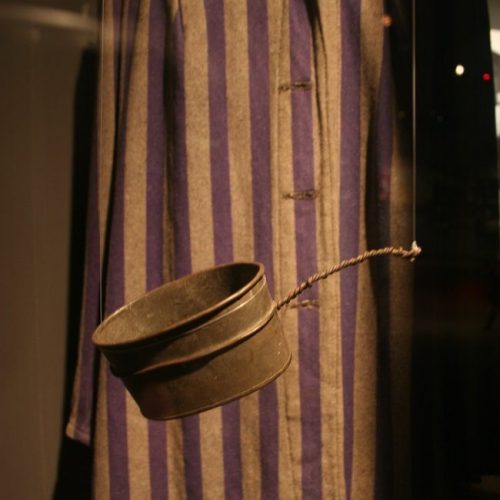“I’m kind of like you,” says Frank Bridges, with a twinkle in his eye, “I’m the Accidental Thespian, I guess.”
Bridges didn’t intend to spend his free time learning lines and remembering stage directions. He continues, “I’m strictly an ‘Accidental Player,’ because I just went to help out—backstage or wherever.” But instead of working backstage, he landed the leading role in a play written and directed by Jay Turley several years ago at the Stained Glass Theatre in Houston, Mo.
When Bridges—a retired Army Lt. Colonel and realtor in Rolla—moved to Rolla in 1991, history repeated itself. He found himself working onstage and backstage in Jay Turley’s productions—but now at the Regional Opera Company (ROC) in Newburg. Four years ago, he took over Turley’s role at the ROC as managing director.

Bridges describes the history of the theater: “It was actually built for Vaudeville with very small anterooms offstage, right and left, no dressing rooms, and very good acoustics.”
The story of how the ROC began is interwoven with Newburg’s history, which revolves around the Frisco railroad line and nearby Fort Leonard Wood. Many of the old railroad buildings, including the roundhouse and depot, have vanished.
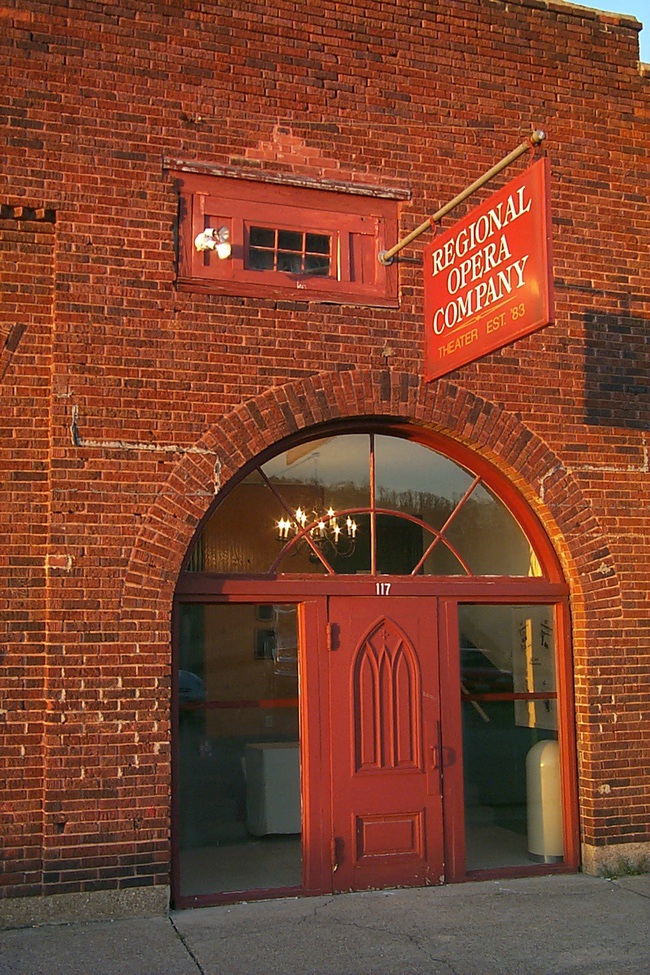
One red brick building, the ROC on Front Street, stands intact. Bob Forester, vice-president of the Newburg Historical Society, said the bricks for the building came from the original roundhouse, which was torn down in 1916. The ROC building was constructed circa 1921. He recalled, “After the 1000-type steam engines came the 1500-type steam engines. The roundhouse was just too small. The old brick roundhouse was replaced with a larger one, which was steel.”
In the late 1930s the theater became a movie house called The Lyric, and attracted soldiers who got off the trains in Newburg to catch either the spur line or a hack that followed Route 66 to the Fort. Patrons of the Lyric Theater could also partake of especially fine fried chicken at the Houston House, an inn/eating establishment located just down the street. At one time, Miss Helen Houston owned both the theater and the restaurant/inn.
In the 1940s, after the Fort had been built and when rail line traffic decreased, the theater was given by Miss Houston and fellow business associates to the city, which immediately turned around and sold it to Everett Affolter. He used it for storage purposes. (According to Mary Alice Beemer, author of “Hello Newburg,” a moral outcry against motion pictures caused the city council to choose this action.)
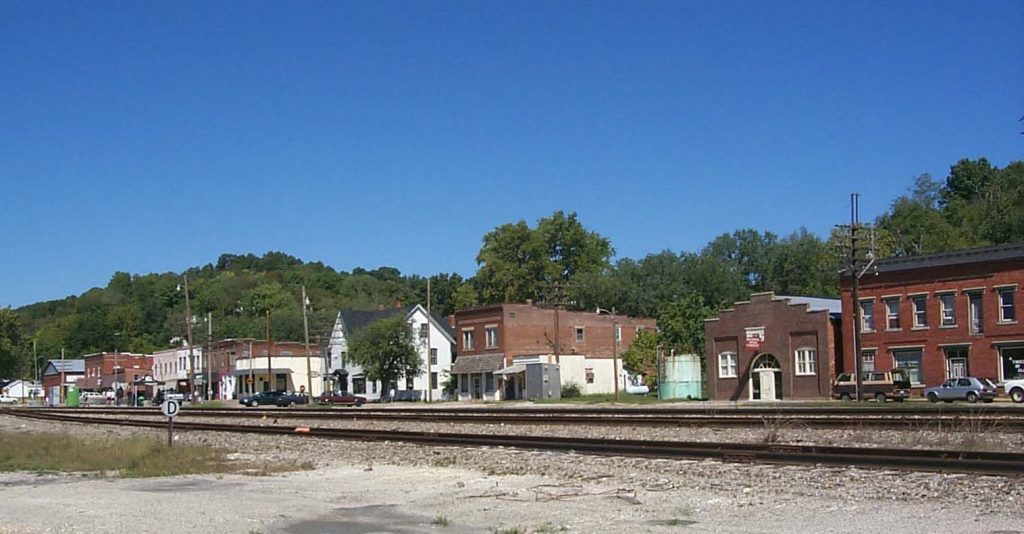
Regional Opera Company
In 1982 Turley, a playwright with more than 60 plays registered with the Writers’ Guild of America, became interested in the ROC because he “made a habit for years of buying derelict buildings,” and restoring them for cultural use.
He bought the theater and immediately began chipping globs of cement off the floor. In addition to lumber, cement bags had been stored in the building. The combination of split bags and water had created a concrete mess.
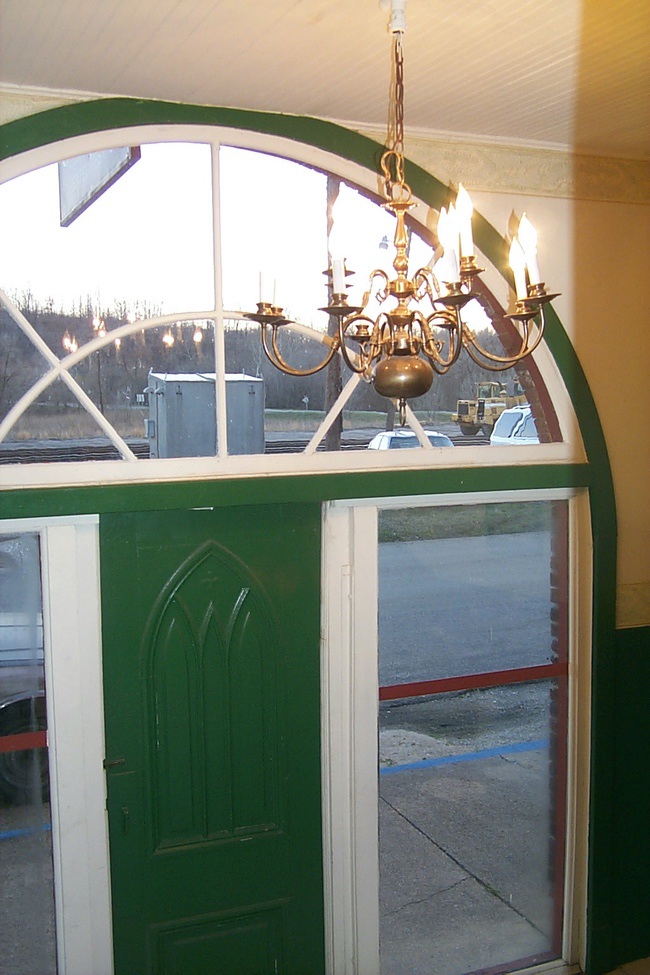
When the doors reopened in 1983, the first play sold to a less-than-standing-room-only crowd. Bridges says, “The first year they did plays there, they had to have cans and buckets for drips from the roof. There was no air conditioning and no seats, and no bathroom.” The first play to be performed in the newly opened theater was Turley’s “Orphan Train West.”
But Turley did more than buy an old building and start the restoration of it to its former glory. He also donated the theater to the not-for-profit cultural corporation, the ROC.
Throughout the years, the board of directors has appropriated funds to put a new roof on the building, put a new ceiling in, and added theater seats, bathrooms and a dressing room area. The lobby has recently been remodeled and muralist Judy Campbell, from St. James, will create scenes on its walls.
Bridges stated, “We have two primary missions: one is to ensure that anybody that comes through our door that wants to be onstage, will be. And I mean anyone.” He continued, “The other mission is to operate the theater on a $5 per patron donation at the door.”
The ROC has seven productions on its playbill for the 2002 summer season. The playbill lists three plays, a vaudeville production, a special performance of Missouri folk music, and two shows that will feature nationally recognized musicians.
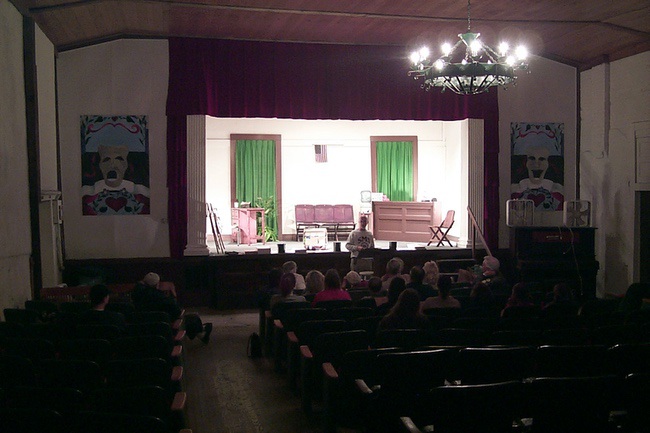
Bridges likes what he is seeing at the ROC these days, including more productions, restoration projects in the works, and an increased interest in participation from area residents. He says, though, that the theater productions can “always use more men.”
He adds, “One of the nice things about our theater is, no matter how good or bad the performance, the audience gives us great ovations . . . We’ve had people tell us, who’ve been to Broadway, that we do good-quality plays.”
First published in May 2002.
Update 2018: Now called the Lyric Live Theater in a throwback to its former life, check out the website for updates on shows for 2019.

